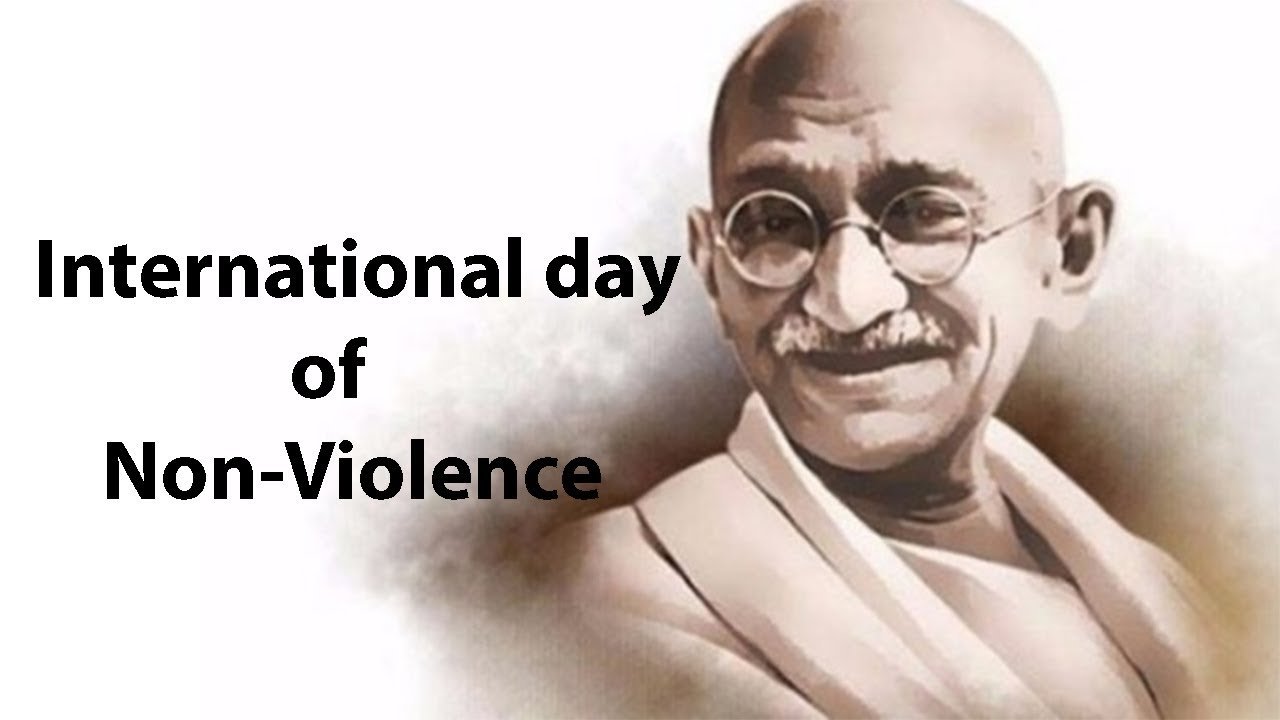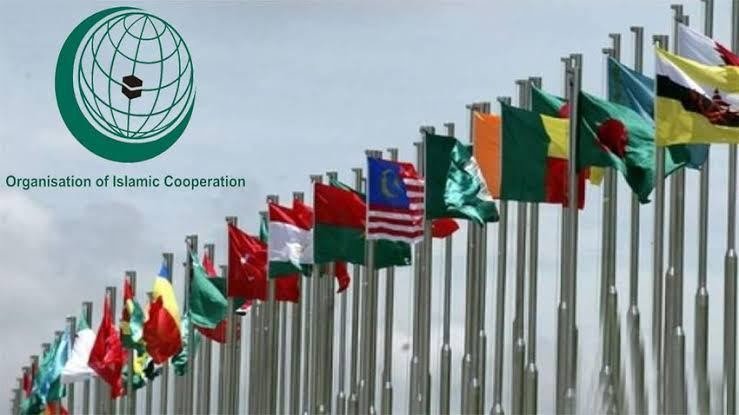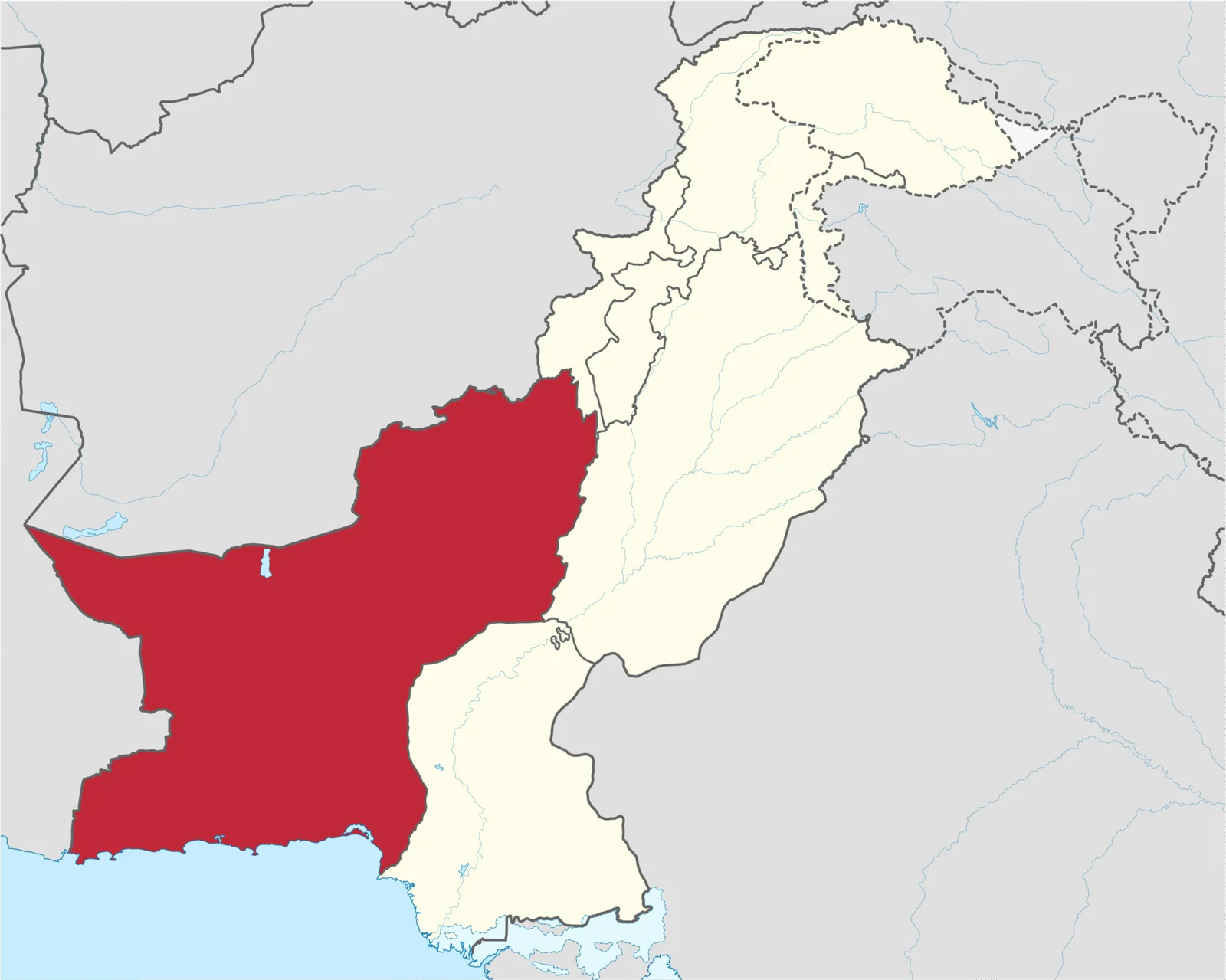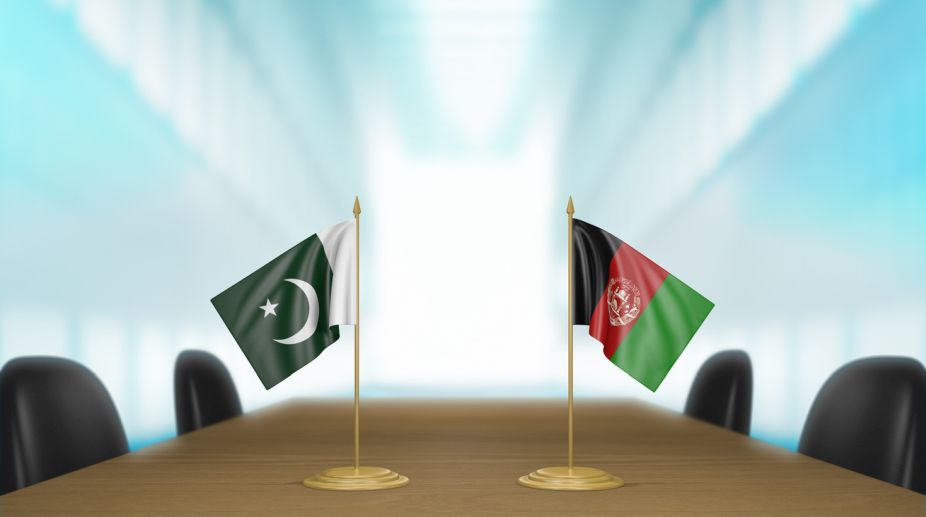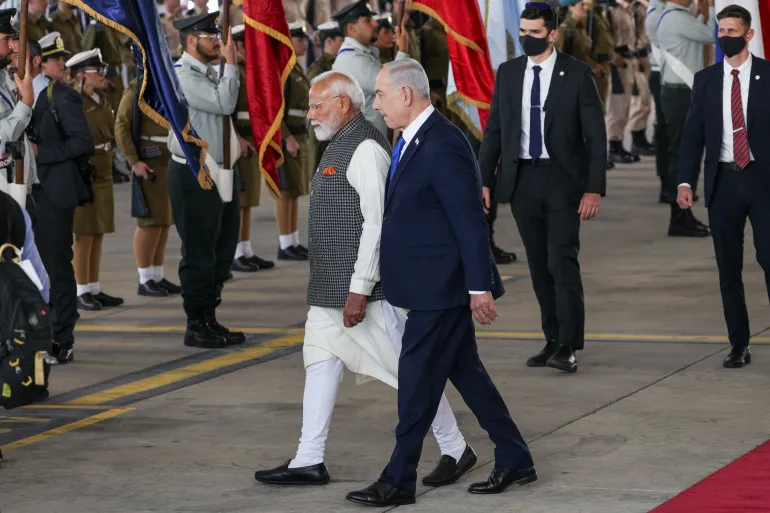Editorial
The International Day of Non-Violence is a global observance that promotes the principle of non-violence and the culture of peace. It is celebrated on 2 October, the birthday of Mahatma Gandhi, a leader of the Indian independence movement and a pioneer of the philosophy and strategy of non-violence. The United Nations General Assembly established this day in 2007 by adopting resolution A/RES/61/271, which reaffirms “the universal relevance of the principle of non-violence” and invites all member states, organizations and individuals to commemorate the day through education and public awareness.
Non-violence is the rejection of physical violence to achieve social or political change. It is often associated with civil disobedience, passive resistance, and peaceful protests. Non-violence can also be a personal practice of compassion, kindness, and respect for all living beings. Some famous non-violence advocates include Martin Luther King Jr., Nelson Mandela, Dalai Lama, Malala Yousafzai, and Aung San Suu Kyi.
The International Day of Non-Violence is an opportunity to reflect on the power of non-violence in resolving conflicts and promoting human rights. It is also a chance to celebrate the achievements and contributions of those who have practised non-violence in their struggles for justice and freedom. It includes learning about the life and teachings of Mahatma Gandhi and other non-violent leaders. Accordingly, the day encourages organizing or participating in events such as lectures, seminars, workshops, exhibitions, film screenings, concerts, or rallies promoting non-violence. Furthermore, engaging in dialogue and cooperation with people from different backgrounds, cultures, religions, or beliefs is essential to foster mutual understanding and respect. One of the day’s key messages is practising non-violence in our daily lives by avoiding harmful words and actions, expressing empathy and compassion, and resolving conflicts peacefully. Lastly, supporting organizations or movements that work for peace, human rights, social justice, or environmental protection through non-violent means is critical.
The International Day of Non-Violence reminds us that we can make a positive difference in the world without resorting to violence. It also inspires us to follow the example of Mahatma Gandhi, who said: “Be the change that you wish to see in the world.”



